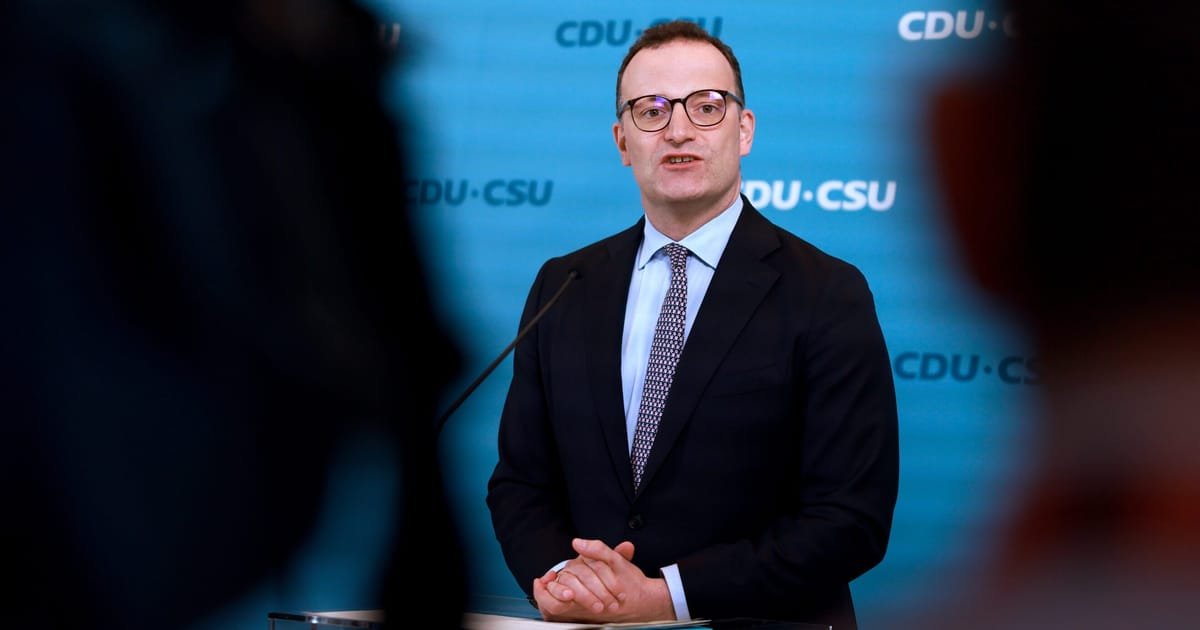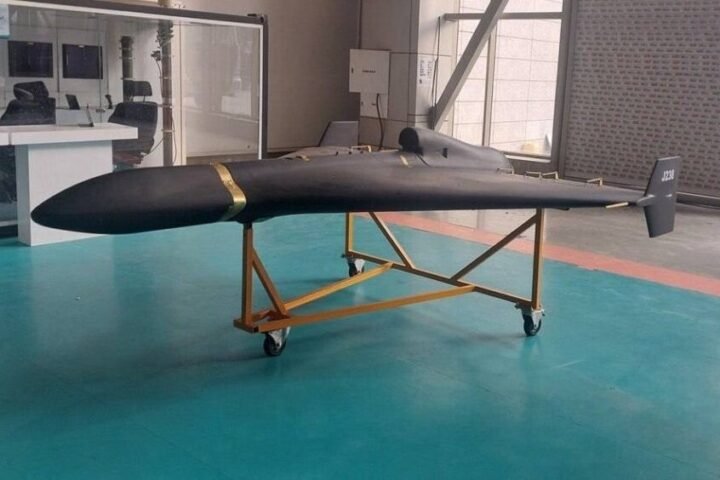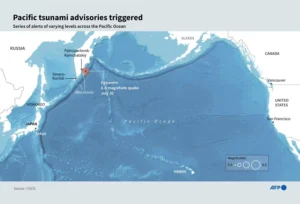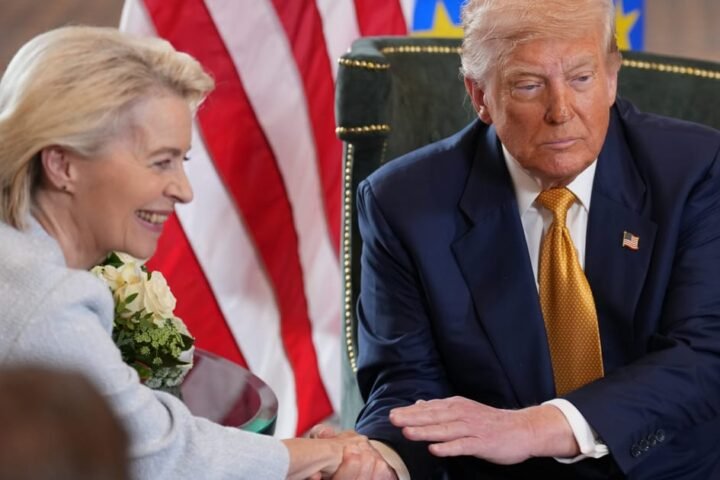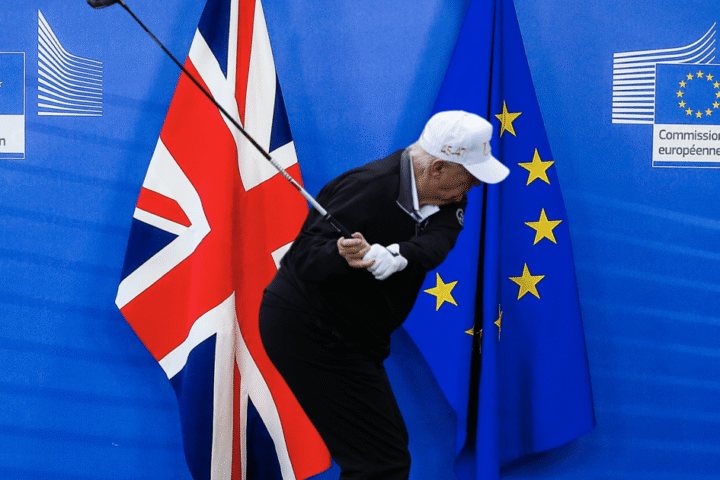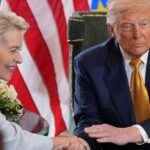Germany’s Potential Role in European Nuclear Deterrence
Germany’s health minister, Jens Spahn, emphasized the need for Europe to establish a stronger nuclear deterrent during a recent interview. Spahn highlighted the presence of American nuclear weapons in Germany as insufficient for long-term security and called for discussions on possible German or European involvement in the nuclear arsenals of France and the United Kingdom, as well as potential independent contributions from Germany alongside other European countries, reports 24brussels.
Friedrich Merz, a prominent politician, previously raised the subject of a domestic nuclear deterrent earlier this year, suggesting conversations with the UK and France regarding nuclear sharing or security arrangements. “We need to have discussions with both the British and the French — the two European nuclear powers — about whether nuclear sharing, or at least nuclear security … could also apply to us,” Merz stated.
In the same interview, Spahn proposed the idea of a rotating responsibility for nuclear deterrence among EU member states on a random basis, aiming to distribute the burden more evenly across Europe.
These remarks were met with significant criticism from experts, particularly given Germany’s lack of its own nuclear weapons and the unlikelihood of acquiring them due to widespread public opposition. Critics argue that this situation diminishes Germany’s ability to spearhead efforts for a European nuclear deterrent.
Stefanie Babst, a former NATO deputy assistant secretary-general, remarked that Spahn’s proposal does not align with reality. “France and Britain are certainly not waiting for Germany to finally let their nuclear weapons be circled around a bit,” she said in an interview with German public radio.
The conversations surrounding Europe’s nuclear defense capabilities come in the wake of heightened geopolitical tensions. Stakeholders within NATO and the EU are increasingly concerned about the implications of these tensions, particularly regarding security dependencies and military readiness. As discussions continue about strengthening defenses against potential threats, the concept of a unified European nuclear strategy is garnering more attention.
Analysts suggest that while some EU nations may consider modifications to their nuclear policies, any coherent strategy would require extensive negotiations and consensus among member states. The complexity of security cooperation and the differing national attitudes toward nuclear weapons will undoubtedly influence the trajectory of these discussions.
Ultimately, the shift towards a more robust European deterrent remains a contentious issue, with significant political and financial implications for the nations involved. As Europe grapples with its defense posture in the current global security landscape, the latest proposals from German officials will likely provoke further debate on the future of nuclear strategy in the region.
